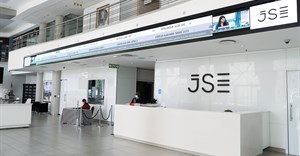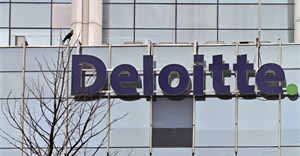As fast as SA holding company Tradehold divests from UK value retailer Instore, chairman Christo Wiese increases his shareholding in the JSE-listed holding company.
He has been a consistent buyer of Tradehold shares over the past few years, but particularly since November last year. In this time he has acquired 2,7m ordinary shares and about 700000 single stock futures on the open market.
It's small change considering that he owns 220m of the 350m shares in circulation.
So is something afoot? "Nothing significant," Wiese says. "I guess I am buying shares to create a bit of a market - it's a small company, and it has not performed well, but if you look, there is value there."
Repositioning
He says the company is being repositioned. "It is now more a property company than a retailer. We have applied to the JSE to move from the retail sector to the property sector."
The company has interests in the UK's Moorgarth group of property companies, in which it holds 85%, and in UK retail group Instore, in which it has 15.9%.
It also owns shares in Swiss investment bank UBS, which it bought with excess cash in 2008.
Despite major restructuring efforts over the years, the retail company has failed to perform to expectations.
"We worked on the assumption that the retail operation could be turned around," says Wiese. "Its management took it in the wrong direction."
Property worth more than retail
Today the property assets are worth more than the retail stake.
Wiese, the controlling shareholder, says there is now the nucleus of a property portfolio and efforts are being made to strengthen the capital base.
In its year-end results to February it reported a tiny profit of £2,4m, up from a net loss of £19,5m in 2009. This was courtesy of the gain in the market value of its investment in UBS and the profit declared by Moorgarth.
With the continued rise of the UBS share price, there "will be a nice profit in 2011", Wiese says.
"In time, we will start to show a proper return on equity."
The biggest problem for potential investors is that the share is highly illiquid.
Source: Financial Mail


















